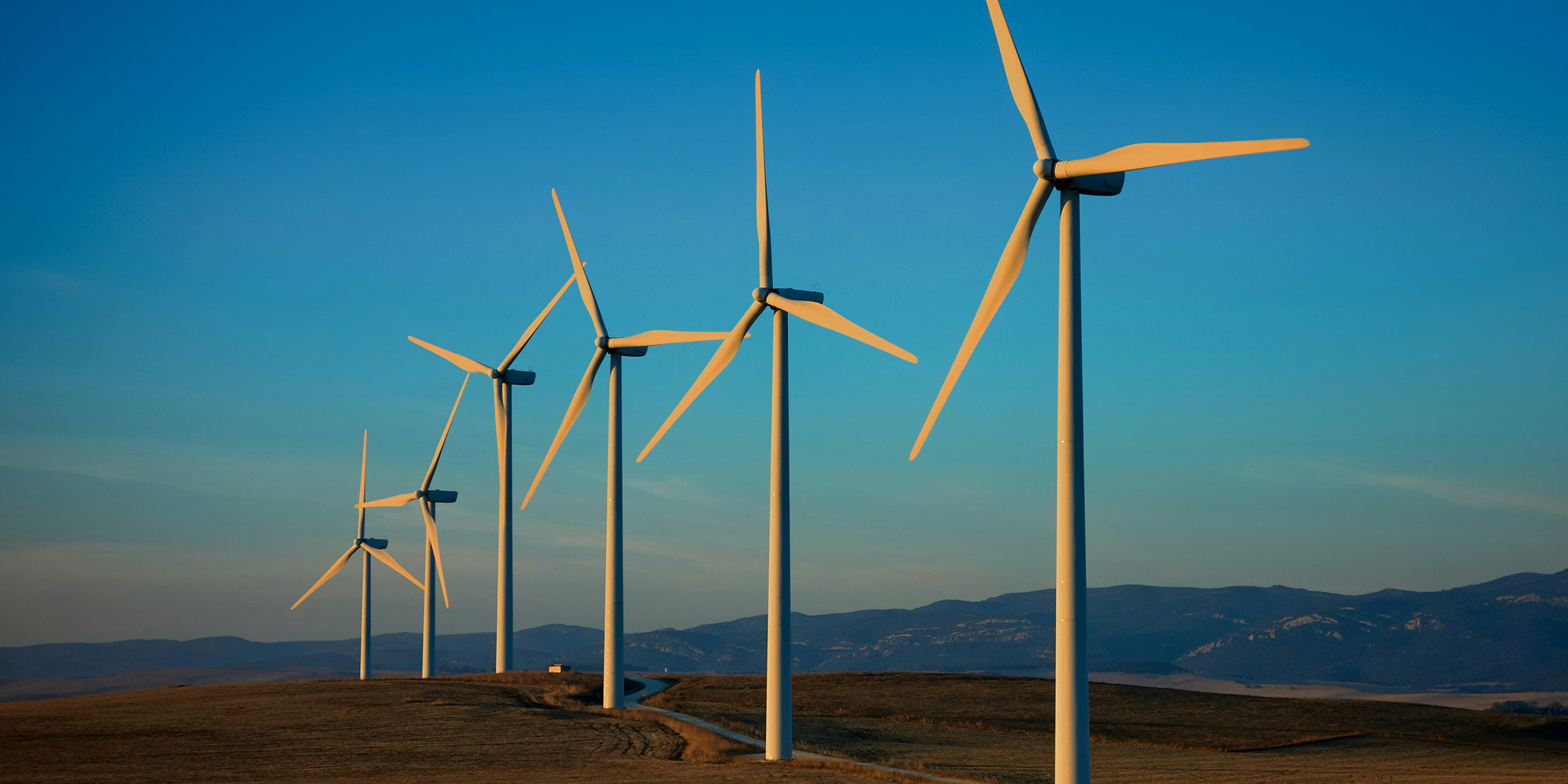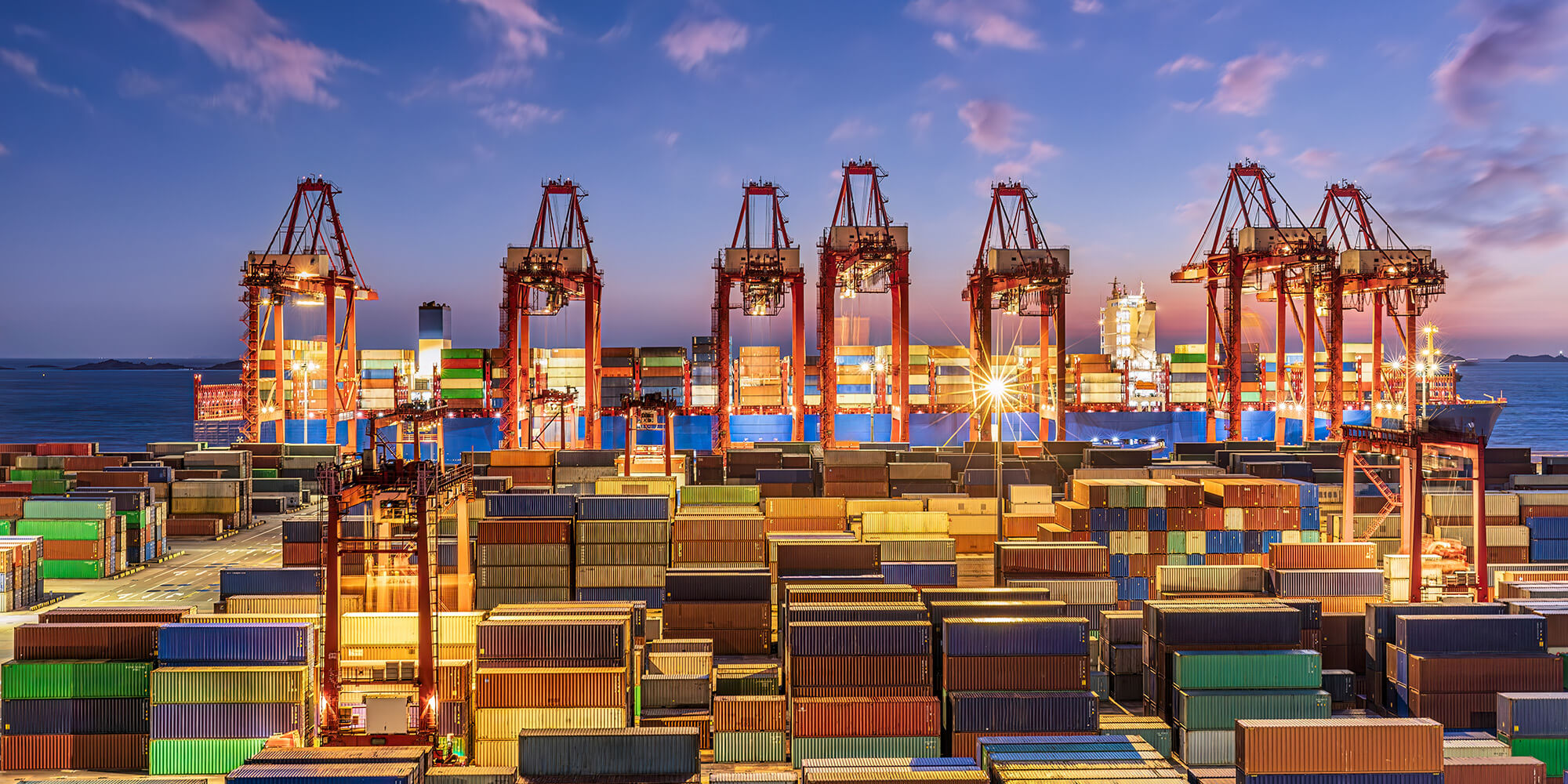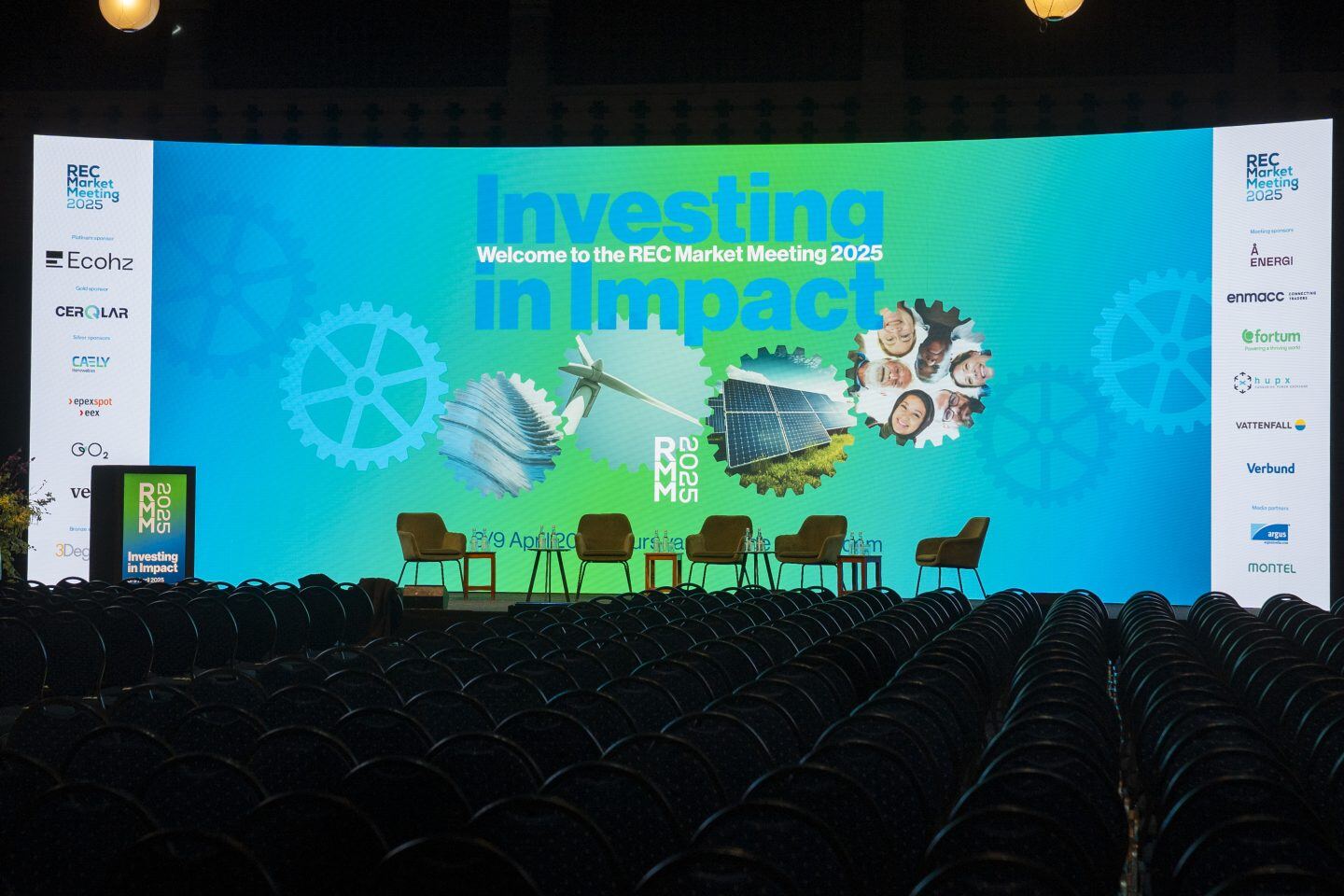Transforming the power sector from fossil to renewable
In 2018 the EU approved a revised Renewable Energy Directive (REDII), to be implemented by members states in 2021. This was part of the larger Clean Energy Package, a comprehensive and ambitious plan to revamp the European energy landscape. Since then the EU has launched its Green Deal, a roadmap for making the EU’s economy sustainable, with no net emissions of greenhouse gases by 2050.
Transforming the European power sector by 2030 – away from fossil-based fuels – towards a much higher share of renewable sources, is a massive task. It will clearly require a wide range of public and private initiatives, dedicated financing, and effective changes to current legal frameworks. To succeed the EU has also recognized the need to use the market as a critical catalyst for change. Especially the idea to unleash the power of the consumers – both private households and commercial ones – is seen as important. Consumers can make change happen also in the energy space but need to be given real choices between fossil and renewable power.
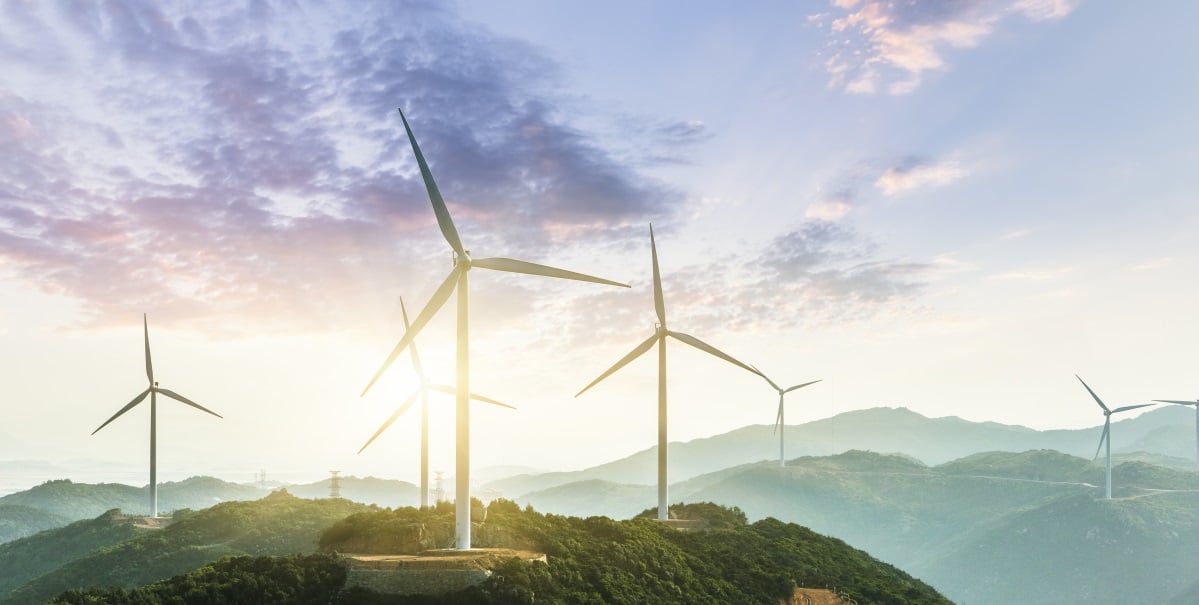
Guarantees of Origin – a system to allow for consumer choice
The EU has a well-defined system for allowing consumer choice of electricity, with its system of Guarantees of Origin (GO). Its role was strengthened in REDII, and provides the sole instrument to document the use, purchase and claim of renewable power. The GO specifically tracks the production of electricity from selected power plants – and documents a range of attributes related to this electricity such as technology and fuel used, type of power plant, location, owner, size, age, environmental impact and much more. This allows consumers across Europe, with different preferences, to make fact-based choices about the origin of their electricity, as well as their choice of supplier.
Tracking and documenting all energy with Full Disclosure
Tracking and documenting electricity with Guarantees of Origin has primarily focused on renewable power production. This is changing. Firstly, the use of GOs is now being extended to other renewable energy carriers like biogas/biomethane and hydrogen, and possibly heating and cooling at a later stage. Secondly, the GO system is increasingly being applied for tracking non-renewable electricity production – both fossil and nuclear based. This is already happening in countries like Switzerland and Austria. This concept is called Full Production Disclosure (FPD), and simply means that it is mandatory to track and document every MWh produced with a GO – irrespective of the technology. This provides a complete and detailed description of these countries’ power production.
Full Consumption Disclosure – providing platform for choice
Full Disclosure only really makes an impact when the demand side in the market also is covered by the same principle. This entails that a Guarantee of Origin must be purchased along with every MWh of physical power consumed, enabling consumers to choose renewable power if this is their preference. Full Consumption Disclosure (FCD) “forces” all consumers to make an active choice as the alternative to renewable will not just be “power with a rest-mix” but will instead be based on nuclear or fossil fuels; also documented with GOs.
Best practice – implementing Full Consumption Disclosure
How a country chooses to implement Full Consumption Disclosure is not unimportant.
Guarantees of Origin are issued and sold separately from the physical power. This concept is laid out in the EU REDII. This allows for movement of the renewable value and for it to be traded in a European market, again allowing for a richer and more robust market. Consumers are free to purchase their physical power and the renewable documentation (GOs) from different market parties. Especially large corporate consumers with their power usage spread across many operations in numerous countries, see clear advantages in this.
Austria and the Netherlands have chosen different strategies. Both countries make it mandatory to track and document all power sold and delivered to households and commercial customers. Austria has implemented a version of FCD where the sale and cancellations of the GOs need to be done by the consumer’s physical power supplier. This discourages competition and limits consumer choice.
The Netherlands has decided differently, allowing any market party to be “a supplier”, thus allowing consumers the choice of purchasing and documenting their power separately from their purchase of the physical power.
In both cases all power consumed in respective markets need to be sold and documented with Guarantees of Origin. Using the Best practice strategy of the Netherlands is not only in line with the EU’s intentions of an active and open electricity market – it also allows for richer consumer choice.

Consumer choice and climate change
We have less than a decade to “fix climate change”. This is a short time. We need all “hands on deck”, and truly engaged – small and large consumers included. Producing enough clean electricity is a major part of the climate change challenge. It is therefore critical to allow the markets to function, and to limit constraints that slow change and discourage consumers from making good choices. Full Consumer Disclosure of electricity is a good idea – if done correctly as in the Netherlands – and should be welcomed.
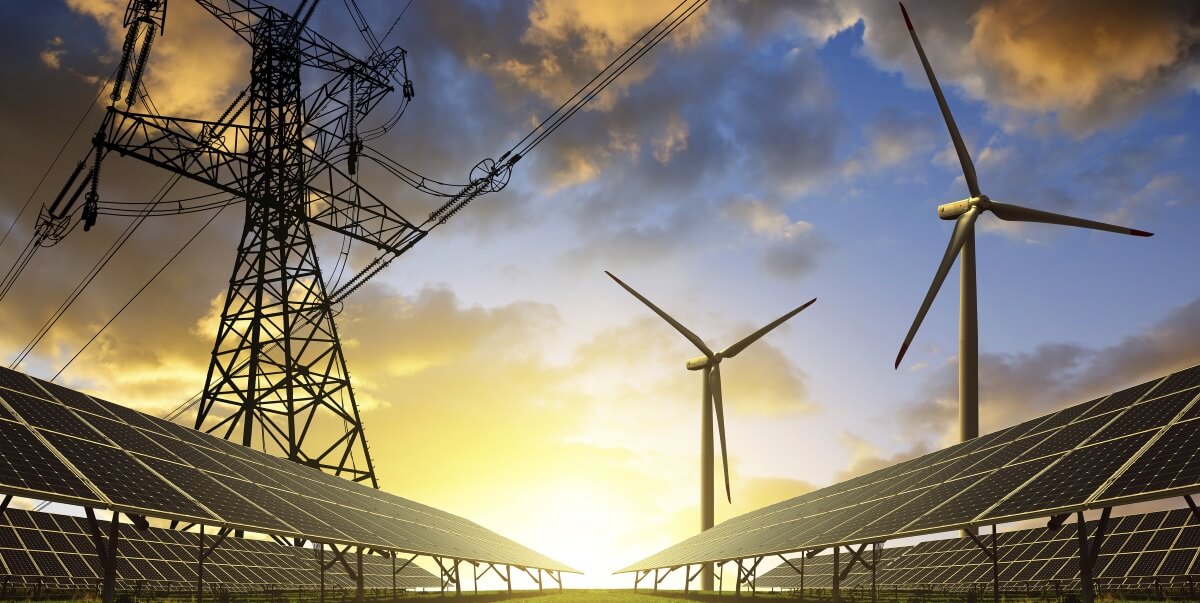

.png?width=3840&height=2560&name=Sun(1).png)

.png?width=3840&height=2560&name=Landscape_2(1).png)
